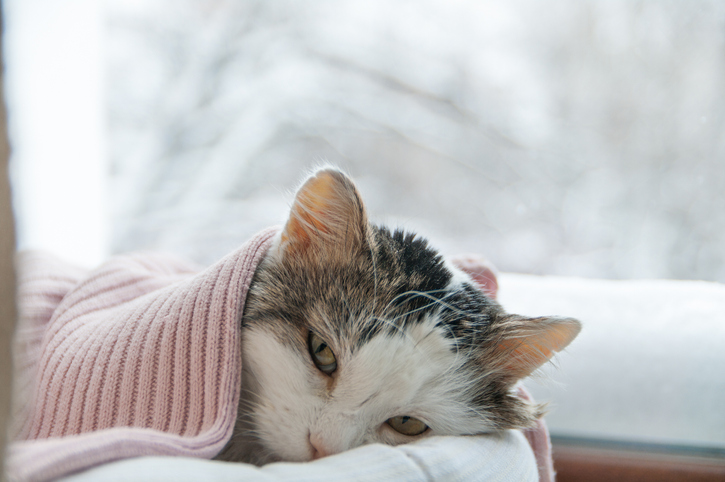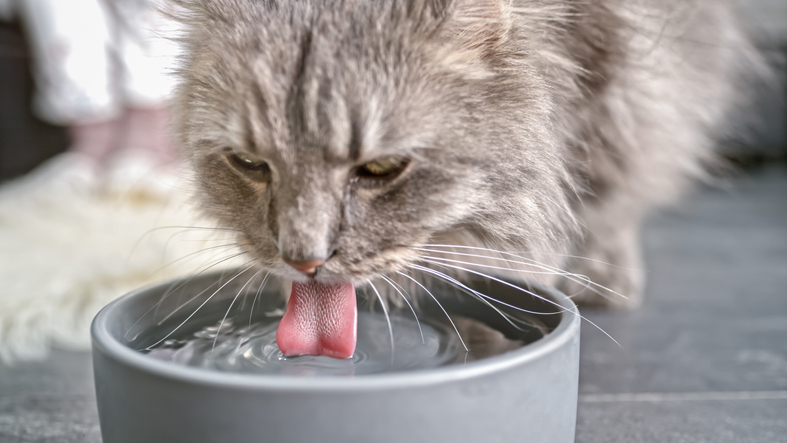Cat Diabetes: Signs & Symptoms

If you find yourself asking questions about cat diabetes, you’re not alone. Many cat owners worry about the risk of diabetes in their pets, and it’s a good idea to understand everything you can about this condition if your pet is at risk. Read through the information below to find out more about feline diabetes and what to expect in terms of symptoms.
Signs and Symptoms of Cat Diabetes
- Increased thirst and urination: The most common and earliest symptom most pet owners notice in their diabetic cats is an increase in thirst and urination. This increase lasts longer than just a day or two and does not have a noticeable cause, unlike an increase in thirst that may happen on very hot days during the summer months, for example. Cats may or may not also have trouble urinating along with this symptom.
- Bad breath: As diabetes progresses, it typically causes a cat’s breath to smell off. This type of bad breath is not the same as regular cat food breath. Instead, it typically has a sweet or “fruity” smell. After a cat’s condition has worsened, the smell may resemble nail polish.
- Skin issues: The longer a cat remains diabetic, the more likely the same cat is to have problems with their skin. Skin problems are not caused specifically by diabetes, but they are exacerbated by diabetes and may be more likely to happen in a diabetic cat than in an otherwise healthy cat.
- Excessive weight loss: If your cat is losing weight steadily, especially if they are still eating normally (or has an increased appetite), this may be a sign that they have diabetes. This may also be a sign of a variety of other health problems in cats, however, so it is important to have them checked by the vet as soon as possible when you notice this symptom.

Risk Factors for Feline Diabetes
- Obesity: If your cat is obese they have a much higher risk of diabetes than a cat who is a healthy weight. Keep your cat on a healthy diet made up of foods designed for cats to help prevent diabetes.
- Genetics: If your cat has a parent who has diabetes, it is much more likely that they will have it as well. Cats who have a genetic history of diabetes are at an increased risk of the disease, just like humans who have the same type of genetic history.
- Lack of exercise: If your cat does not get enough exercise, they may also be at risk, even if they are not obese. Cats who do not exercise much are likely to have a variety of health problems. Try to encourage your cat to play actively for about a half hour every day.

Conclusion
Based on this information, you should have a better idea of what to expect from a diabetes diagnosis in your cat. And if your cat is at risk of diabetes but isn’t there yet, you may find some ideas to help reverse or slow the progression of this disease as well.
As with any health and wellness concerns for your pets, it is important to talk to a vet for more specific information relating to your individual cat’s needs. Your vet can help you understand your cat’s health as well as changes you may need to make in their treatment or lifestyle.
If you have any questions about your cat’s health, feel free to give us a call at (203) 265-1646! Here at Yalesville Veterinary Hospital, we are ready to help you and your pet!
